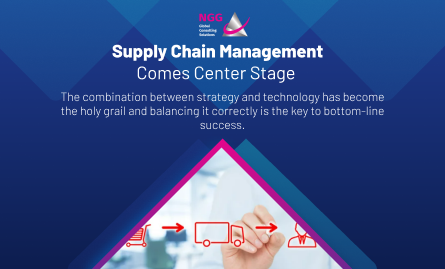Disappearing jobs have been a concern for a while now. Travel agents and travel agencies are a clear example. What made them disappear, and is there still hope for the future?
A recently published article reported on the grim condition of travel agencies – businesses that used to be found on every street corner. What was it that put travel agencies in such an unfortunate state?
The proliferation of online platforms has greatly enhanced customers’ access to hospitality and accommodation services. Hotels around the world allow users to make reservations online, either directly on the hotel’s website or via third-party platforms such as Hotels.com and Booking.com. Flights, rental cars, and even holiday attractions can be booked online.
Many service providers, such as hotels and rental companies, are having to choose between selling directly to customers and allocating rooms or vehicles to resellers that charge high brokerage fees. Travel agents and resellers bring in plenty of customers, but direct sales yield higher profits for the provider (and may also be cheaper for the customer, as there are no brokerage fees).
Travel agents appeal to traditional customers who are afraid of or unaccustomed to digital platforms. These customers are becoming rare, and the majority of customers are technologically sophisticated consumers looking for cheap travel packages. Travel agents are faced with a challenging choice between ‘plain’ retail and a combination of retail and wholesale – the ability to purchase bulk amounts of certain products (hotel rooms, flight seats, rental cars) and combine them into convenient and relatively cheap packages that can be marketed to customers directly – a big advantage for travel agents. They also have to know their customers and the characteristics of different destinations, provide expert advice, and create a customized travel package.
Ultimately, the travel sector is undergoing significant changes that force it to split into two main segments, one that prefers the freedom of online self-service and one that prefers affordable travel packages. As in similar segments, larger agencies with higher buying power that combine retail and wholesale will be the ones to come out on top.
And what will become of our friendly neighborhood travel agents? Their time, unfortunately, is nearing its end.







